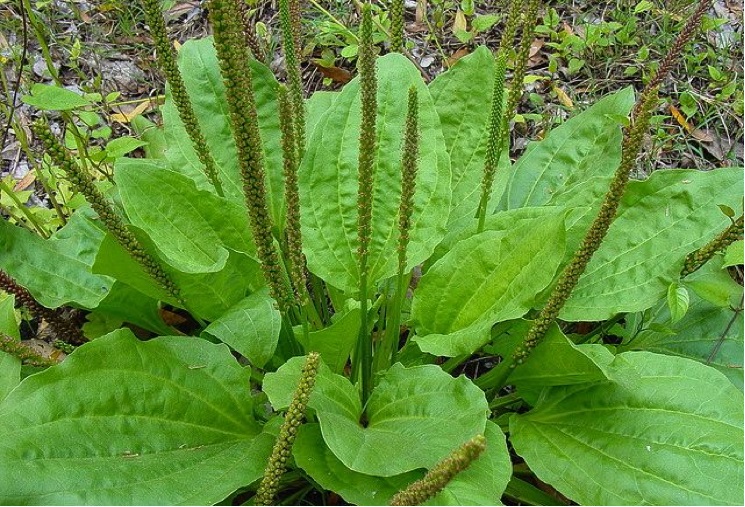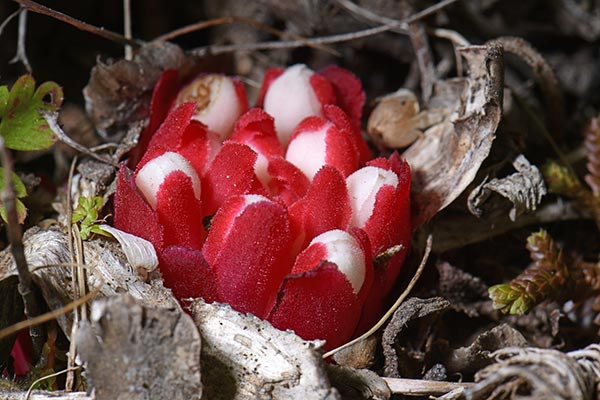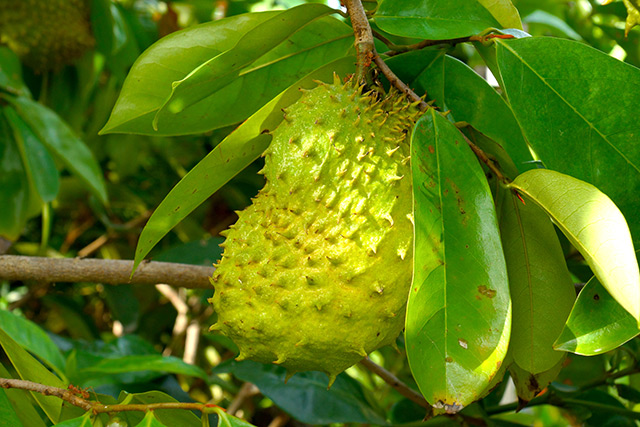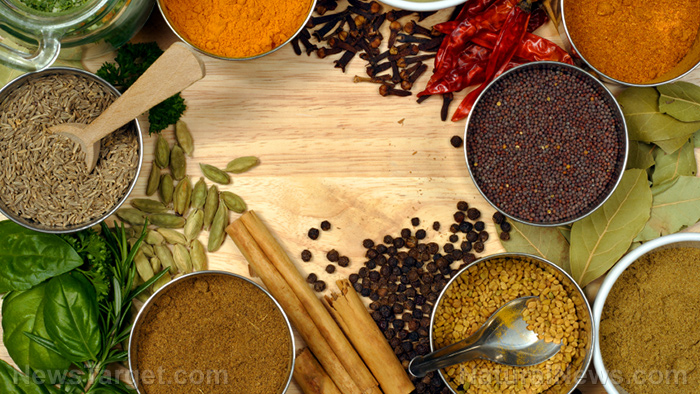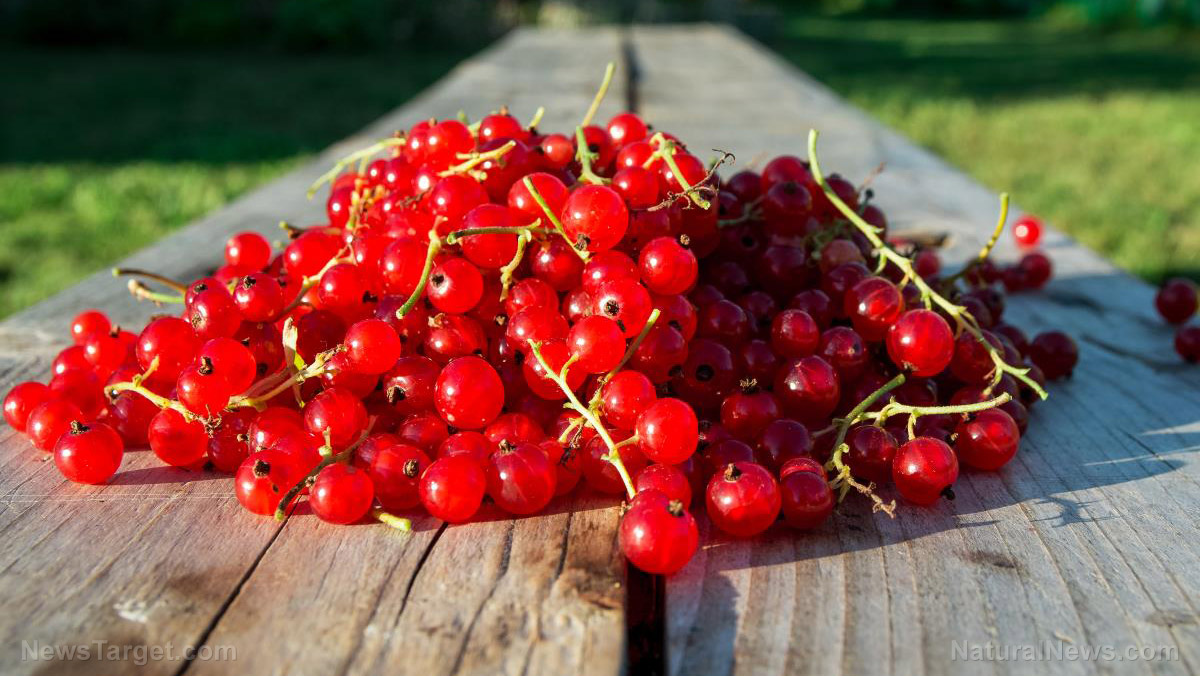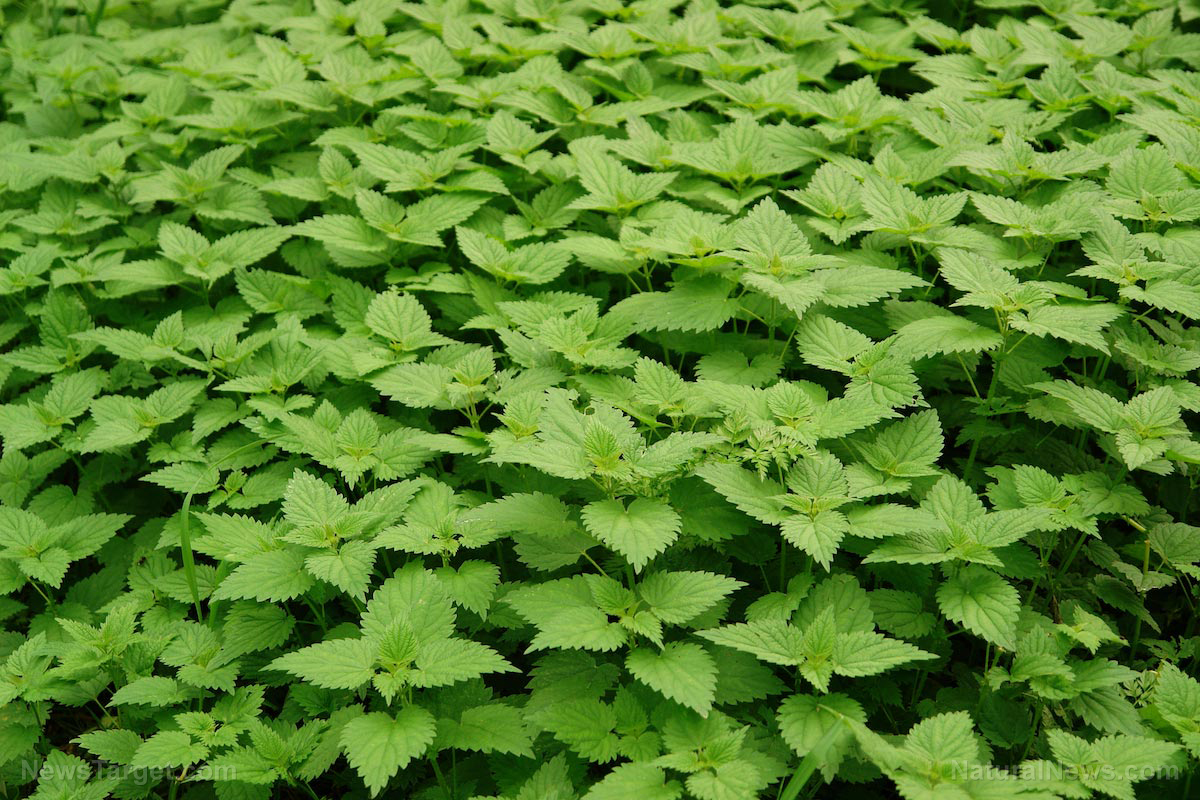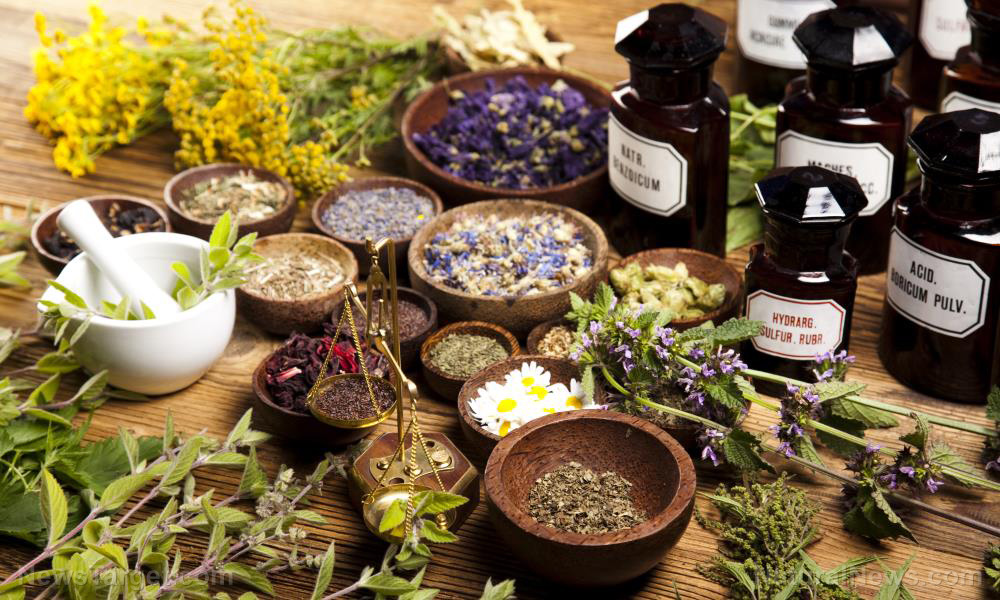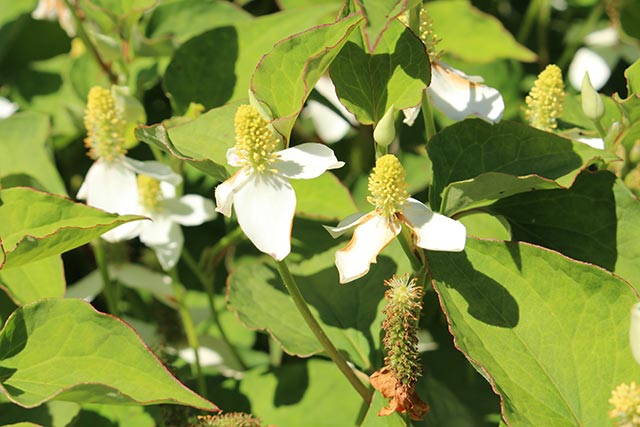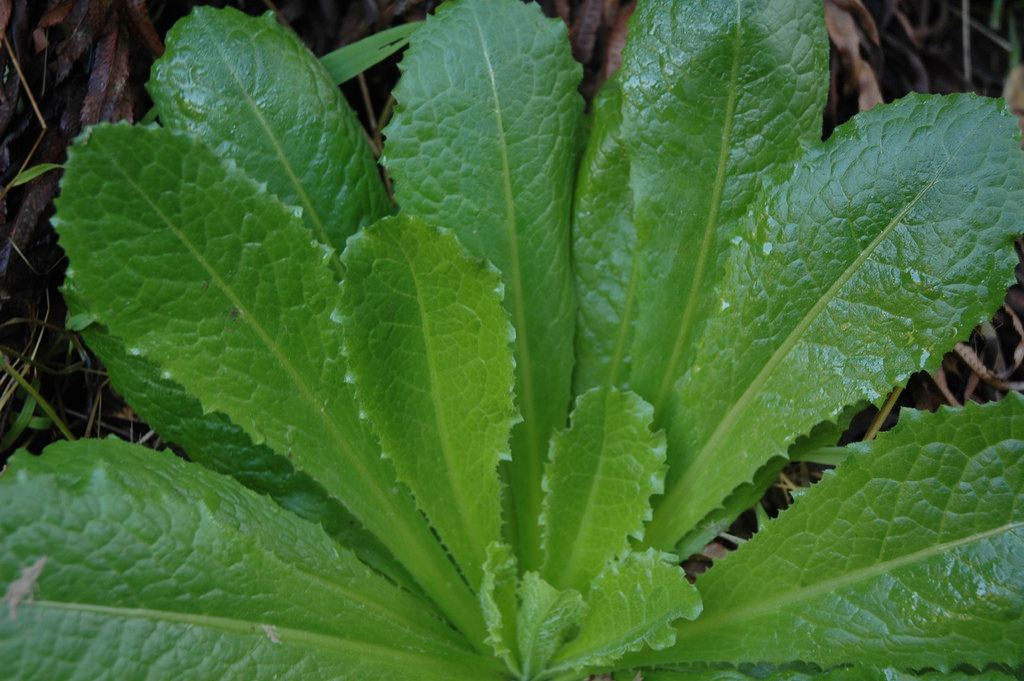The top 10 biggest CANCER CURES of 2019 that the medical establishment is trying to cover up
12/29/2019 / By Tracey Watson

The resounding message from the conventional healthcare community has always been that cancer cannot be cured, and that a toxic regimen of chemotherapy, radiation and surgery is the only hope a cancer patient has of surviving.
In truth, there are natural remedies proven to both prevent and treat cancer, but you’ll never hear about them from your doctor or anyone else in the traditional healthcare fraternity.
Natural News, on the other hand, goes to great lengths to ensure that its readers have the opportunity to learn about powerful natural remedies with a proven cancer-fighting track record. Let’s take a look at just a few of the important articles we published in this regard over the past year.
Pure extract of the cannabis bud has the potential to cure cancer
A man named Rick Sampson, who was diagnosed with basal cell carcinoma skin cancer in 2003, has used cannabis oil to successfully cure his own cancer and help over 5,000 other people to do the same. Of course, when he initially excitedly reported his discovery to his doctor, and several cancer organizations, nobody wanted any part of it.
Eat your greens!
Parents generally face an uphill battle in getting their kids to eat their veggies, but a recent study published in the journal in the journal Science reveals yet another reason why we should all be eating more greens. The study found that a compound called indole-3-carbinol (I3C), which is found in vegetables like broccoli, Brussels sprouts and turnips, suppresses tumor growth in mouse models with prostate cancer.
Pomegranates are a powerful weapon against even drug-resistant cancer stem cells …
A study published in the journal Nutrition and Cancer found that pomegranates suppress the production of cancer stem cells and have the power to prevent breast cancer. Cancer stem cells are dangerous because they have the ability to renew themselves and transform into any cell type. They have the same characteristics as cancer cells, and are responsible for their development, progression, metastasis and drug resistance. Chemotherapy and radiation are not only ineffective against these cells but might actually increase their malignancy.
And that’s not the only reason pomegranates are a cancer-fighting superfood
In addition to fighting cancer stem cells, studies have found that pomegranates are a potent weapon against prostate cancer, contain potent anti-cancer phytochemicals, stop the spread of cancer at the cellular level, and enhance the efficacy of other cancer treatments.
Walnuts pack a cancer-busting punch
A study published in the journal Nutrition Research found that walnuts are potent cancer-fighting foods, particularly in the battle against colon cancer. The researchers found that walnuts reduce the risk of colon cancer by inducing the expression of genes involved in detoxification and by causing growth inhibition and apoptosis in colon adenoma cells.
Other foods that are bullets in the cancer-fighting arsenal
Researchers have long understood that biochemistry gives certain foods powerful medicinal properties, and this certainly also applies to cancer. Studies have conclusively proved the cancer-fighting properties of legumes, fatty fish, berries and apples.
Make your cancer cells eat themselves by restricting calorie intake
A study by researchers from the Harper Cancer Research Institute in Indiana, published in the journal Nutrition Research, has revealed that restricting calorie intake can literally make cancer cells self-destruct. While the idea of improving health by sharply reducing calorie intake is by no means new, researchers are not entirely sure exactly why this type of reduction is beneficial. The research found that calorie restriction in cancer patients increased autophagy rates in colorectal cancer cells. Autophagy is the process by which cellular material is degraded and recycled, damaged components are removed, and cells are repaired. The study also found that calorie restriction affected the regulation of proteins that play a role in cancer progression.
Vitamin D is scientifically proven to prevent cancer
Prevention is always better than cure, and multiple studies have proven that preventing cancer starts with getting enough vitamin D through daily exposure to the sun. Researchers from the Allegheny Health Network Cancer Institute proved that people who are deficient in vitamin D have more than double the risk of developing pancreatic cancer, in addition to an increased risk of colorectal cancer. Other studies have found a link between increased vitamin D levels and reduced risk of prostate cancer. In addition, a large-scale study involving 80,000 healthy adults found that those who took a vitamin D supplement regularly for three years experienced a 13 percent reduction in risk of dying from any type of cancer in their lifetime.
Groundbreaking study finds Japanese knotweed destroys liver cancer stem cells
Japanese knotweed has been used in traditional medicine for centuries. Now, a study published in the journal BMC Complementary and Alternative Medicine has found that the roots of Japanese knotweed are a good source of STAT3 signaling inhibitors, which are being studied for their potential anticancer properties.
Anyone for fermented green coffee beans?
Green coffee beans are known to have antioxidant benefits, and a study published in the Journal of Medicinal Food has found that fermentation elevates them to an even higher health-boosting level. South Korean researchers now believe that the antioxidant effects of chlorogenic acid and surfactin in fermented green coffee may be potent enough to destroy HepG2 liver cancer cells.
A fight that can be won
It is 100 percent true that beating cancer is the biggest battle that many people will ever fight. But there are proven natural remedies that do not have the devastating side effects of conventional treatments and that should be part of every cancer warrior’s armor. Rest assured, the battle can be won!
Discover more powerful natural cancer fighting weapons at AntiCancer.news.
Sources for this article include:
Tagged Under: alternative medicine, breakthrough, cancer, cancer cures, cancer treatments, cannabis, chemo, Cover-Up, discoveries, fermented green coffee beans, green vegetables, Japanese knotweed, natural health, natural medicine, Pomegranates, prevention, rememdies, restricted calorie intake, tumors, vitamin D, Walnuts
RECENT NEWS & ARTICLES
PlantMedicine.News is a fact-based public education website published by Plant Medicine News Features, LLC.
All content copyright © 2018 by Plant Medicine News Features, LLC.
Contact Us with Tips or Corrections
All trademarks, registered trademarks and servicemarks mentioned on this site are the property of their respective owners.





